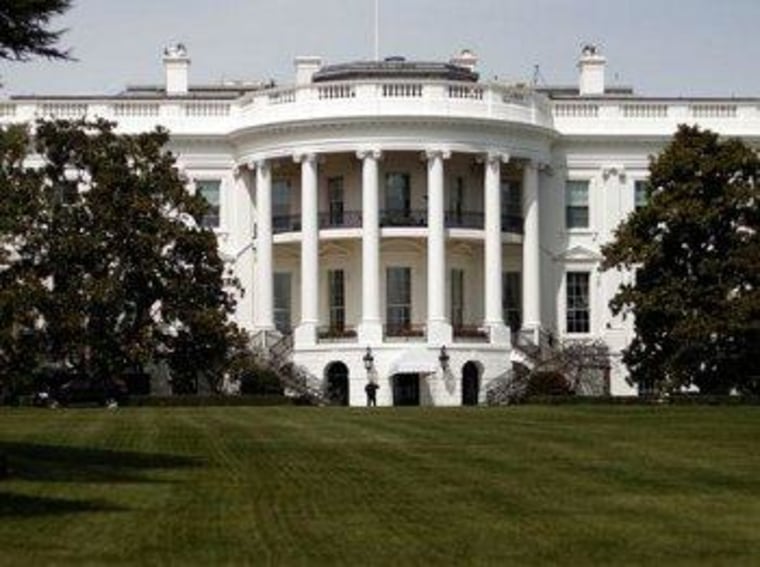Remember how much fun the political establishment had with "Scandal Mania" back in the spring? It didn't work out especially well for the White House's detractors. Benghazi was a deadly terrorist attack, but not a political controversy, and the IRS "controversy" turned out to be largely meaningless.
But as Rachel noted on the show last night, there was that other one: the leak investigation. Jonathan Capehart raised a good point on this today.
Everyone was so certain, and they were certain who was responsible for it. Let me be more specific. A cadre of boisterous Republicans were convinced last year that, to boost his reelection prospects, President Obama and his most senior aides were responsible for leaking national security information about a foiled al-Qaeda plot to blow up a U.S.-bound airliner. But that sinister narrative was, well, blown up yesterday when a former FBI agent pleaded guilty for the leak.The Justice Department announced that Donald John Sachtleben revealed information to an Associated Press reporter about the thwarted attack by al-Qaeda in the Arabian Peninsula, around the anniversary of the death of Osama bin Laden, and about the recovery of a bomb that was taken to an FBI lab in Quantico. When the AP story broke last year, one of a series of national security leaks that frustrated both ends of Pennsylvania Avenue, Republicans tripped over themselves to make wild claims and ascribe nefarious motives to Obama and his top aides.
Quite right. The Republican claims about Benghazi were ridiculous; the accusations surrounding the IRS matter -- from Republicans and media figures alike -- look quite laughable in retrospect; and the charges on the leak story, we now know, were every bit as wrong.
You don't remember what the right had to say about this? Let's take a stroll down memory lane.
Capehart flagged quite a few gems. Rep. Mike Rogers (R-Mich.), chairman of the House intelligence committee and a Sunday show favorite, blamed the White House for the leak, citing political motivations. Sen. John McCain (R-Ariz.) said he considered it "very clear" that "leaks came from the White House people within the White House itself" out of election motivations. Sen. Lindsey Graham (R-S.C.) said the same thing was "clear" to him, too. Rep. Peter King (R-N.Y.) summed up his party's attitudes perfectly: "They can deny it all they want. But it would require a suspension of disbelief to believe it's not being done for political purposes."
Fox News said the Obama administration's misdeeds were arguably "worse than Watergate," and Marc Thiessen, one of the Washington Post's Republican columnists, was equally incensed.
They were, however, all wrong. The allegations, presented without evidence, were baseless.
To clarify, if White House critics want to talk about Justice Department excesses as they relate to the investigation of the leaks, there are certainly legitimate questions and compelling calls for reform. But for the right, that was never the basis for the so-called "scandal" -- Republicans and a few too many pundits said the White House orchestrated national-security leaks deliberately for electoral gain, and that simply never happened.
Which brings me back to the point I've been harping on for months: wouldn't it be nice if there was some kind of accountability? There were countless Republicans and mainstream pundits -- left, right, and center, from Limbaugh to Jon Stewart -- who were absolutely convinced that "Scandal Mania" was real. There were top GOP lawmakers who went on national television, repeatedly, to make specific accusations that have since been discredited.
How many of them are now prepared to admit their allegations and condemnations were without merit? How many of them can concede they were mistaken? More to the point, how many of them will even be asked?
Jon Chait recently noted, "The entire scandal narrative was an illusion." That's true; it was. But instead of Republicans and the political establishment acknowledging this, we see largely the opposite -- there is no effort to look back and explain to voters that Scandal Mania was itself a mirage, and the widespread disgust was misplaced.
